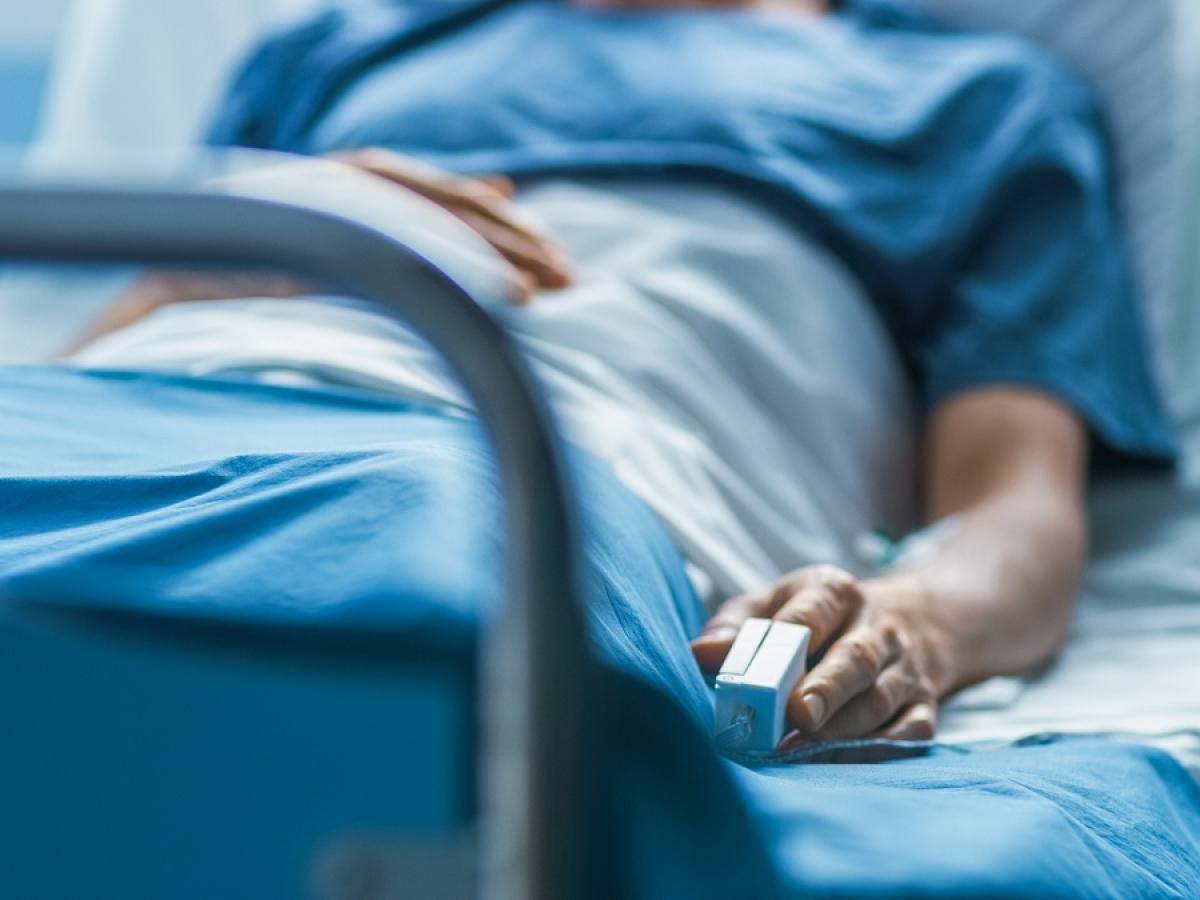Funding boost to help reduce surgery side effects

A pilot trial is now underway to reduce the side effects experienced by patients who require a general anaesthetic and pain relief during surgery.
“Around 2.6 million elective surgeries are performed in Australia each year. Unfortunately, more than one-third of patients experience post operative side effects, and this can impact their recovery,” said Professor Andrew Somogyi from the University of Adelaide’s Discipline of Pharmacology, School of Biomedicine.
University of Adelaide researchers are involved in the trial, which is led by the University of Melbourne, and aims to determine if pharmacogenomic testing could improve patient outcomes.
“Pharmacogenomics involves looking at how a patient’s DNA affects the way they respond to medicines.
“A major factor in post-surgery complications relates to the genetic makeup of the patient and how they break down medicines used by anaesthetists during operations,” said Professor Somogyi.
As part of the trial, scientists from the University of Adelaide will analyse blood taken from patients in Victoria during surgery to see how much medication is present, what side effects they are experiencing and how this is linked to their genetics.
“Through this pilot trial, we’re hoping to work out what makes patients more susceptible to these at times distressing side effects. This information could lead to the development of a pre-operative screening tool to identify those at risk, allowing the types of medications and doses to be adjusted accordingly,” said Professor Somogyi.
Up to 900 000 Australian patients experience significant postoperative complications each year.
"Through this pilot trial, we’re hoping to work out what makes patients more susceptible to these at times distressing side effects."Professor Andrew Somogyi, University of Adelaide.
The most common side effects include severe nausea that often requires hospitalisation, ongoing pain and slow cognitive recovery, particularly with older patients.
Some of these side effects can be debilitating and could last from a few days to years.
Monash University and the Peter MacCallum Cancer Centre are also involved in the pilot trial, which has recently secured a $355,255 grant from Federal Government’s Medical Research Future Fund.
Professor Somogyi said this grant will help to accelerate research in this important but rarely studied area of perioperative pharmacogenomic testing.
“This funding will allow us to continue this valuable research and explore options for personalised medicine that could improve safety, recovery and comfort for patients after surgery.”
The trial is expected to run for two years.
Media contacts
Professor Andrew Somogyi, Researcher, Discipline of Pharmacology, School of Biomedicine,
The University of Adelaide. Mobile:+61(0)404 498 686. Email: andrew.somogyi@adelaide.edu.au
Jessica Stanley, Media Officer, The University of Adelaide. Mobile: +61(0)422 406 351.
Email: jessica.stanley@adelaide.edu.au
